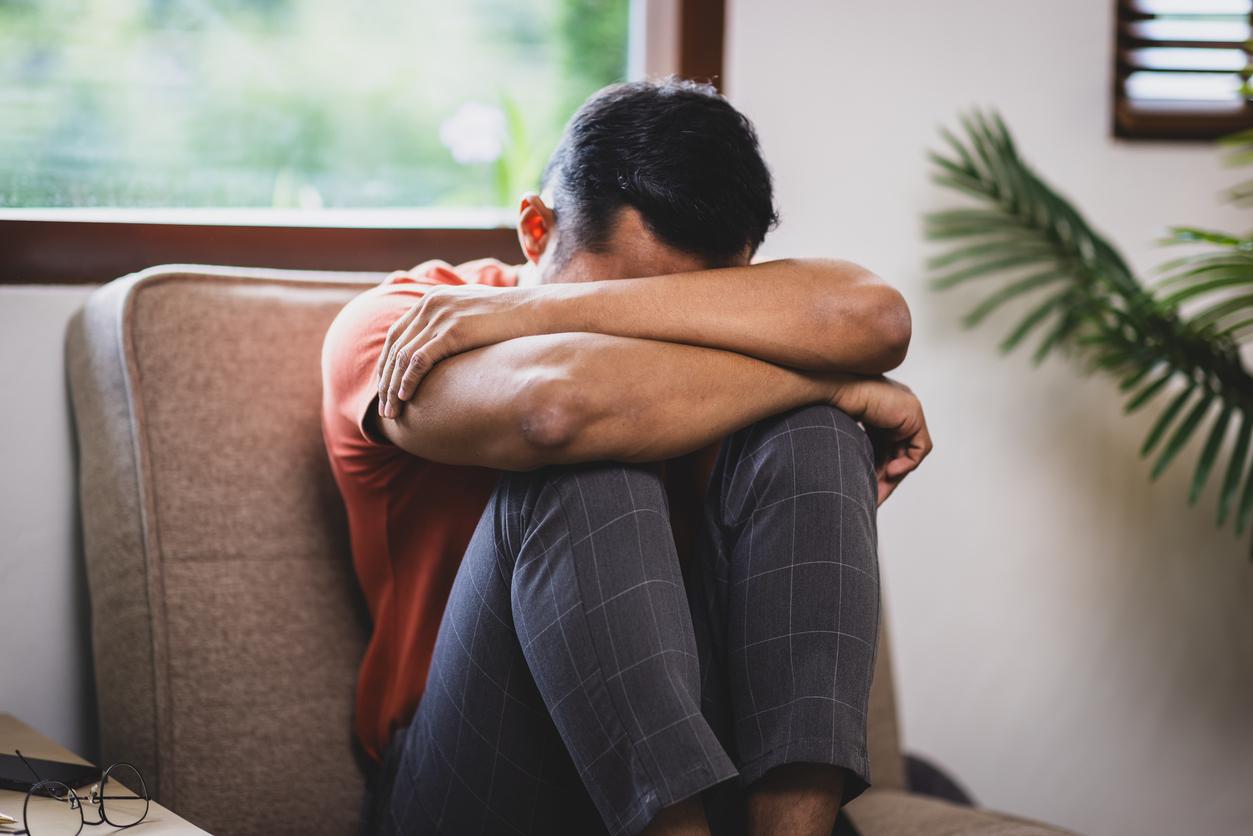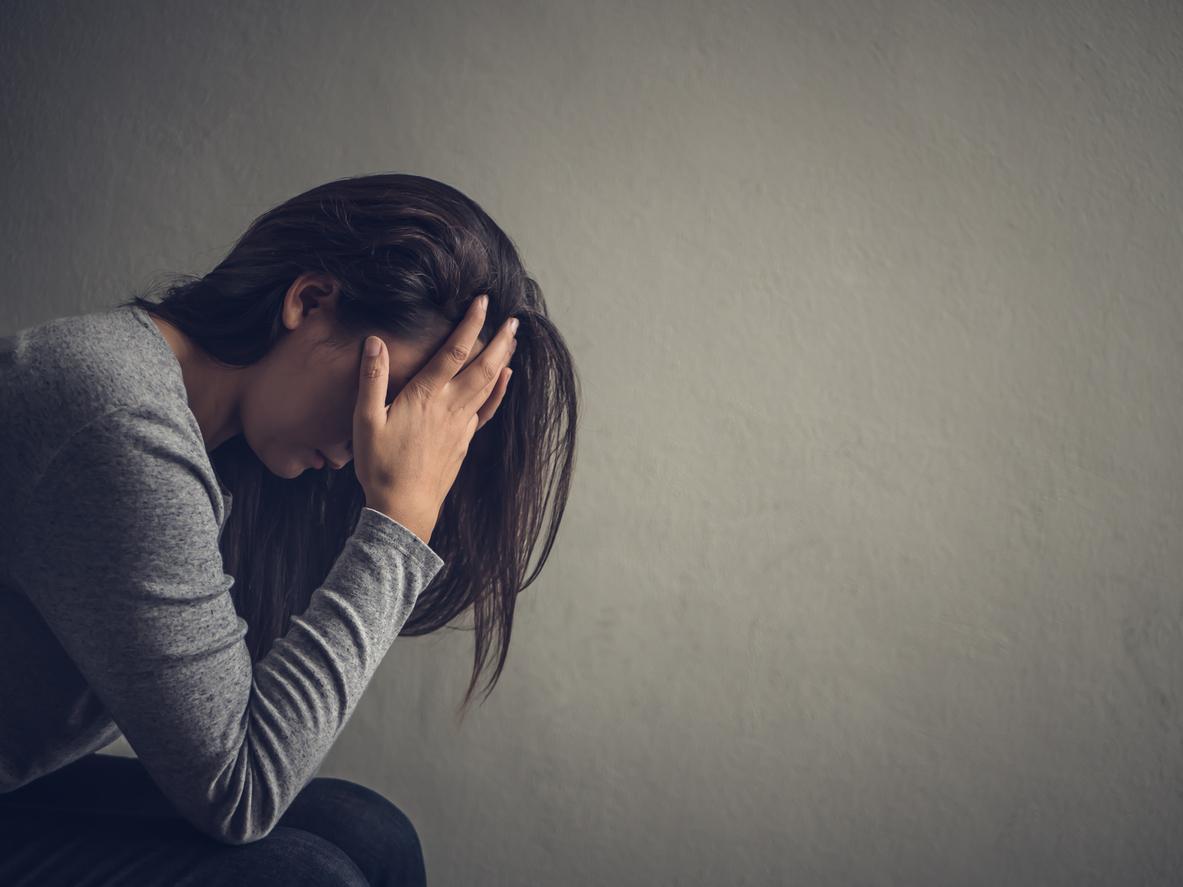The Depression ranks first among psychiatric disorders and although doctors have a range of antidepressants at their disposal, these do not always have the desired effect on patients who suffer from major depressive disorder. And their effects are often tempered by a range of side effects. Also, for some time now, scientists have been interested to certain psychedelic molecules such as psilocybin (a molecule present in hallucinogenic mushrooms) and lysergic acid diethylamide (better known as LSD).
Researchers at King’s College London have just published the results of the largest study conducted on psilocybin (a molecule present in hallucinogenic mushrooms) as a treatment for severe depression. In total, 233 patients from 10 countries participated in this study. They were divided into 3 groups and received a single dose of 1mg, 10mg or 25mg, while following psychological support for iidentify the causes and potential solutions to their depression. The results, published in the New England Journal of Medicine, show that pAlmost a third of patients with severe depression went into rapid remission after a single 25 mg dose of psilocybin. Among the side effects encountered in 77% of patients, doctors noted: headaches, nausea and dizziness.
Patients still in remission one year after treatment
Not only does psylocybin appear to produce significant and immediate effects on depressionbut its effects last over time, as highlighted by another study conducted on this experimental treatment in February 2022. “This suggests that psylocybin could be a particularly useful new treatment for depression” underlines Prof. Roland Griffiths, researcher at the University’s School of Medicine Johns Hopkins of Baltimore (United States), which conducted this study with patients suffering from severe depression.
These 18 women and 5 men received two doses of psilocybin, given two weeks apart, and combined with supportive talk therapy. One year after receiving treatmentthree-quarters of study participants responded to antidepressants, and more than half were in remission from their depression.
“Compared to standard antidepressants, which must be taken for long periods of time, psilocybin has the potential to provide long-lasting relief from symptoms of depression with one or two doses of treatment,” enthuses the doctor. The latter recalls, however, that this is an experimental treatment, administered under the supervision of trained therapists, and that you should not try “magic mushrooms” yourself to treat depression.
A treatment that complements cognitive therapies
Last January, a study by the Institute of Psychology from King’s College London (Great Britain) had demonstrated that psilocybin, , had significant therapeutic potential, particularly in the treatment of severe depression. And that it can be administered to patients in parallel with cognitive therapy, without this altering the smooth running of this therapy.
The researchers, who had carried out their study on a small group of 60 patients suffering from treatment-resistant depression but who were undergoing talk therapy, had established that psilocybin can be safely administered in doses of 10 mg or 25 mg to accompany therapy.
For this trial, 89 healthy participants with no recent use (less than one year) of hallucinogenic mushrooms were recruited. 60 were randomly selected to receive either a 10mg or 25mg dose of psilocybin in a controlled environment. In addition, all participants received individual support from qualified psychotherapists. The remaining 29 participants served as a control group and received a placebo.
All were closely monitored for 8 hours after psilocybin administration, then followed up for 12 weeks, and none showed adverse effects. The results show anti-depressant treatment with psilocybin no adverse short- or long-term effects on cognitive functioning.
>> A molecule that also reduces anxiety. Other previous studies had already shown the interest of this molecule in reducing anxiety in people suffering from social exclusion and that it was also effective in treating post-traumatic stress. According to the researchers, psilocybin would target certain receptors in the brain (serotonergic receptors) which have, among other things, a role in regulating mood and anxiety.
Sources:
- Single-Dose Psilocybin for a Treatment-Resistant Episode of Major DepressionotNew England journal of medicine, November 2022
- Efficacy and safety of psilocybin-assisted treatment for major depressive disorder: Prospective 12-month follow-upJournal of Psychopharmacology, February 2022
- The effects of psilocybin on cognitive and emotional functions in healthy participants: results from a phase 1, randomised, placebo-controlled trial involving simultaneous psilocybin administration and preparation,Journal of Psychopharmacology, January 2022
















